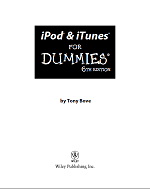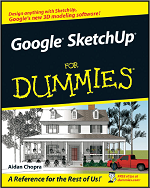Frequency disturbances, transients, grounding, interference…the issues related to power quality are many, and solutions to power quality problems can be complex. However, by combining theory and practice to develop a qualitative analysis of power quality, the issues become relatively straightforward, and one can begin to find solutions to power quality problems confronted in the real world.
Power Quality builds the foundation designers, engineers, and technicians need to survive in the current power system environment. It treats power system theory and power quality principles as interdependent entities, and balances these with a wealth of practical examples and data drawn from the author's 30 years of experience in the design, testing, and trouble-shooting of power systems. It compares different power quality measurement instruments and details ways to correctly interpret power quality data. It also presents alternative solutions to power quality problems and compares them for feasibility and economic viability.
Power quality problems can have serious consequences, from loss of productivity to loss of life, but they can be easily prevented. You simply need a good understanding of electrical power quality and its impact on the performance of power systems. By changing the domain of power quality from one of theory to one of practice, this book imparts that understanding and will develop your ability to effectively measure, test, and resolve power quality problems.











